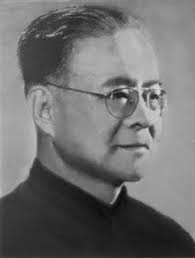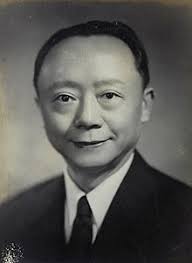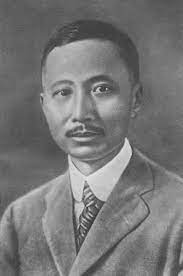Chao Yuen-ren (1892-), known as Y. R. Chao, internationally known linguist. Originally concentrating on phonology, he made the first detailed recordings of major dialect areas in China, establishing the research framework for such studies. In the United States, his work covered a wide range of linguistic topics, including the application of modern linguistic methods to […]











